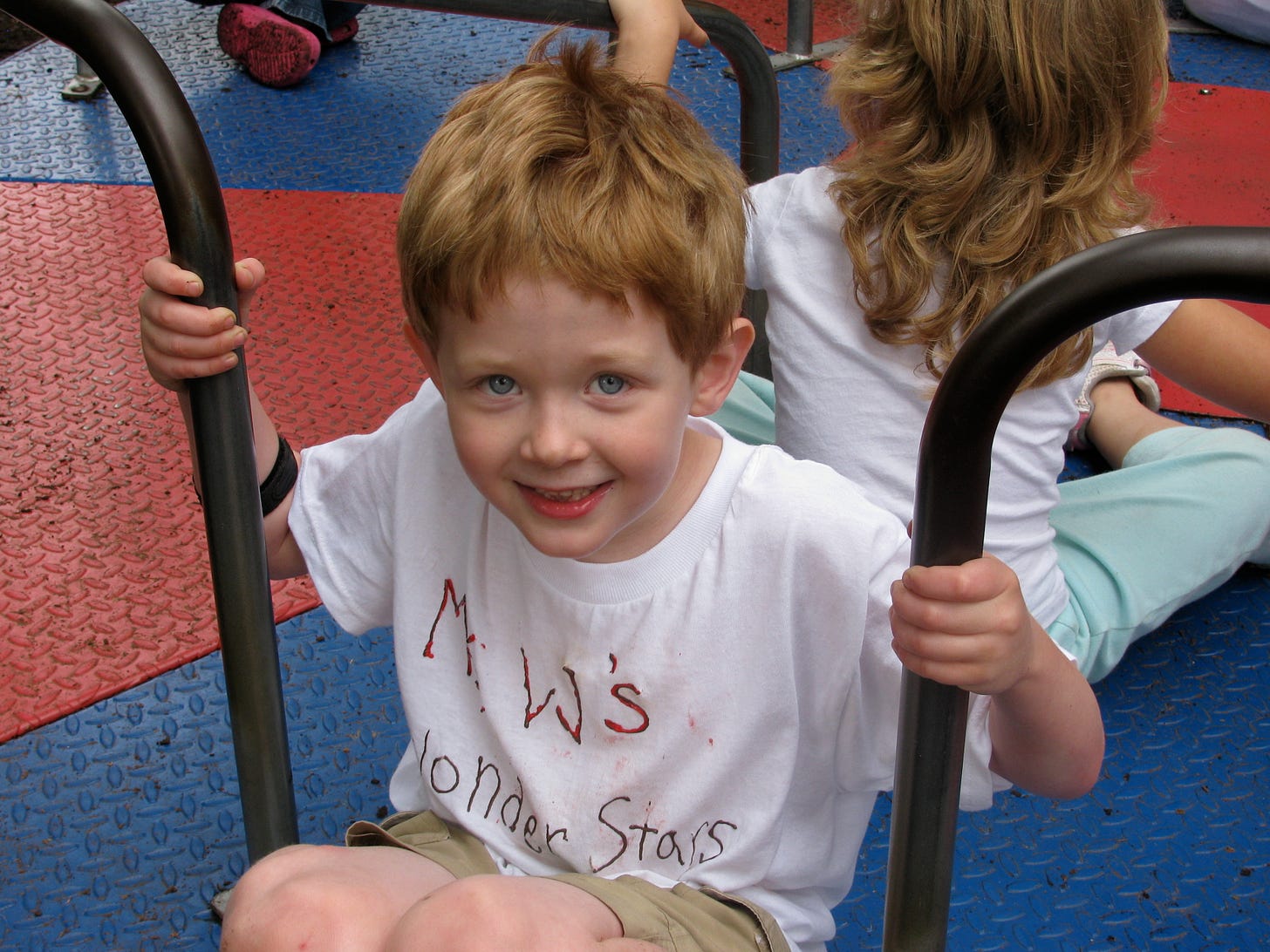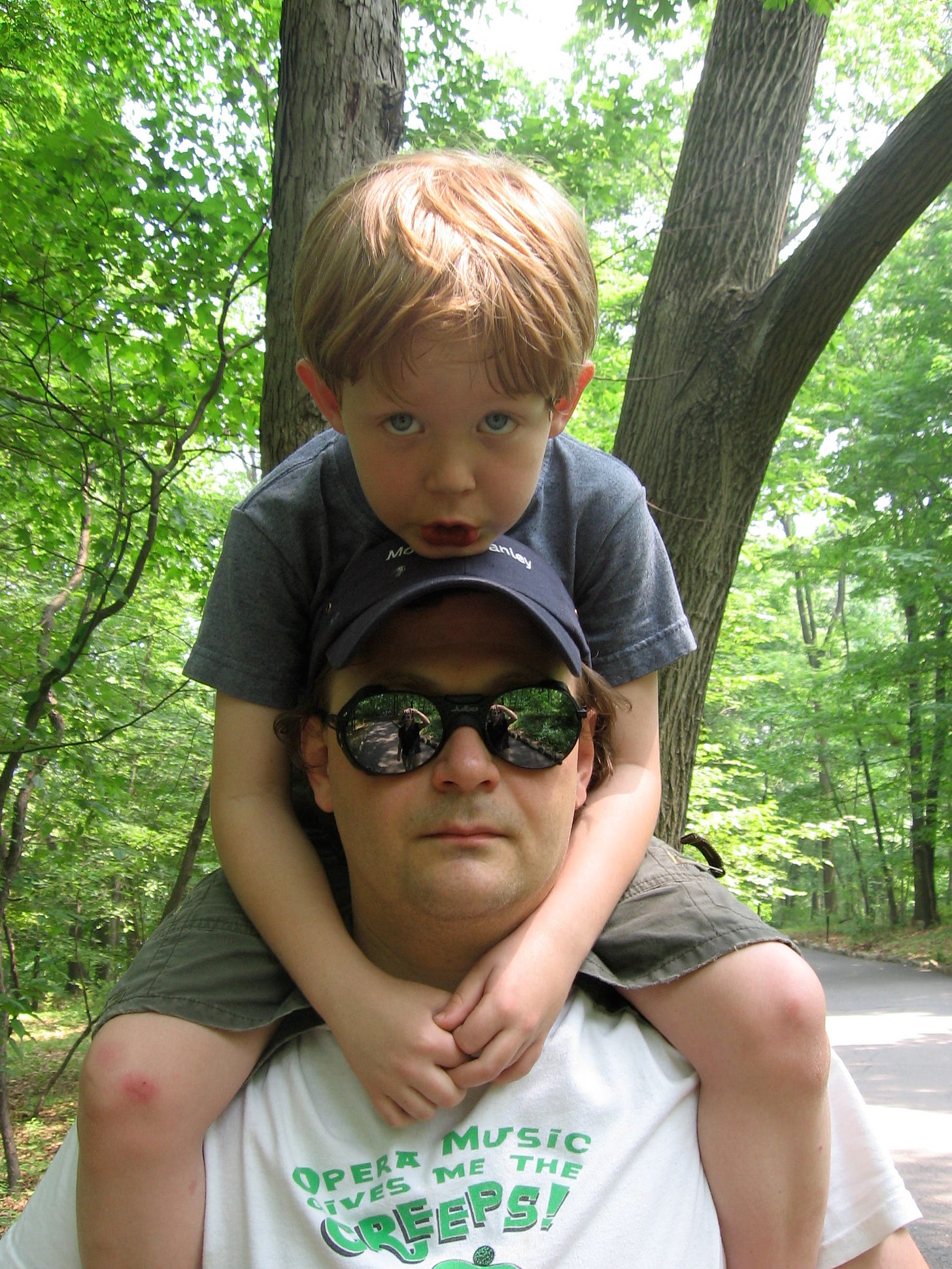Dreading Summer
The Critical Need for 12 Months of Support
I hate summer. I know most families love summer, because it means a break in the kids’ homework routine and sports schedule. It means sending the kids to the swim club for the day or to some amazing camp for weeks. If the family is super lucky, the kids are enrolled in the town recreational camp during the week and, on the weekend, everyone goes to the families’ lake house. Those months fly by until school resumes in early September.
My summers look nothing like that.
I usually start searching for appropriate camps and activities for my son sometime in February. It’s very, very hard to find activities for kids with high functioning autism, who don’t enjoy outdoorsy activities and have sensory issues. Occasionally, I was forced to place Ian in really inappropriate places, with kids who had very severe problems, because I was desperate. Some summers, I would log as much as six hours per day in the car driving Ian to far-off camps and programs, because there was no nearby activities.
Due to his disability, Ian never had a group of friends, who could ride bikes around town with him, or join him at the swim club. So, I would be his buddy on weekends, splashing with him in the pool or getting a burger at the mall. Entertaining Ian is still a huge part of our weekend routine.
All the time and effort coordinating Ian’s summer schedule is a full-time job. I have been forced to make sub-optimal career decisions, because I can’t work at all during July and August. Schools and communities provide typical kids with enough summer fun, which enable their mothers to work full time; parents of special needs kids are out of luck.
There is summer school or Extended School Year (ESY) for kids with IEPs. But the educational expectations for those programs are minimal. Teachers must only “maintain” the student’s current level of skills, which translates into a basic babysitter service. Usually, those depressing programs are for three hours per day in a corner of an empty school building.
I’m having more trouble than ever before finding a program for Ian, because he’s aged out of most programming. I can't find anything for him in a one hour radius of our house. So, in July, he’ll finish his ESY program at 12:30 and then spend the rest of his day in his bedroom alone. In August, his schedule will be entirely wide open.
If Ian’s social skills were better, he could get a minimum wage job for the summer, like other 20-year olds. But he needs a job coach to help him at a worksite. Neither the state nor the school district is providing him with a job coach. There is no magic job coach therapy center that will help us out.
Ian will take one class at the community college in the summer, which will keep him a little busy and support his strengths. (Side Brag: This month, he taught himself how to rebuild PCs and programmed his first computer game, which got Jonah’s seal of approval.) But Ian really needs programs and activities that helps to build his weaknesses, which include social skills and reading comprehension. He needs to spend less time alone at home in front of a computer and be around people his own age with similar interests. He needs to have experiences in workplaces and to grow. There aren’t many programs like that.
When I talk to parents with typical, young adults, they’ll tell me about their kids’ fabulous internships, trips with friends, and plans for the future. Their young people have so many options. I can’t imagine.
Children and young adults with disabilities need twelve months of support from the state and the federal government, because schools and communities are not doing their share. Families need full day, summer job training and social outlets and more for their kids. Nobody should dread summer.




Any resources/books Ian would recommend for rebuilding PCs to make them run faster? Thanks for the great article.